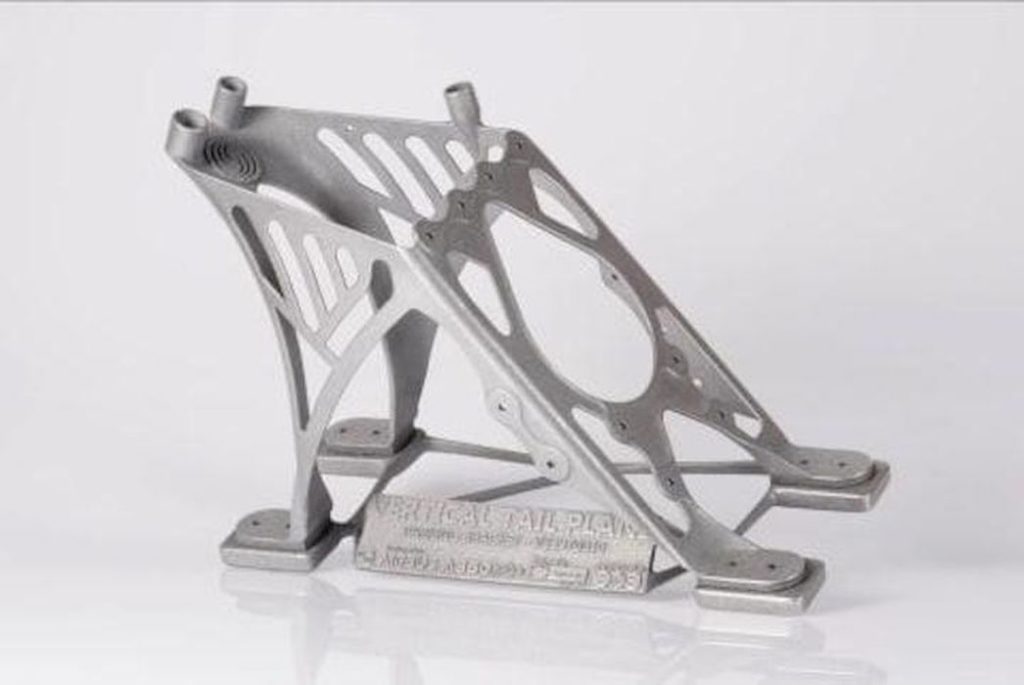
The low cost, low-to-zero carbon titanium material is expected to expand access and innovation in additive manufacturing applications.
Hyperion Metals is partnering with industrial 3D printing solutions supplier EOS GmbH to accelerate the deployment of Hyperion’s hydrogen-assisted magnesiothermic reduction (HAMR) and granulation sintering and deoxygenation (GSD) technologies. These efforts are toward achieving the production of low cost, low-to-zero carbon titanium metal powders as a sustainable alternative in additive manufacturing applications.
The two companies will be working on the technical and economic evaluation of titanium powders produced by HAMR and GSD in comparison to titanium metal powders in use today, as well as its environmental and sustainability evaluation in additive manufacturing versus other production processes. They will also be assessing the product’s recyclability using HAMR and GSD technology processes.
Sascha Rudolph, commercial director metal materials at EOS, shared in a press release that low carbon titanium powders have the potential to provide manufacturers with “significant economic benefits and more sustainable solutions.” The use of Hyperion’s HAMR and GSD technology can lower the barriers to entry for titanium into existing markets, enabling new and innovative mass market applications that require high strength-to-weight ratio, such as electric vehicles.
Titanium has long been a favored light metal by the aerospace, automotive, and medical industries thanks to its versatility and high performance. However, it remains a complex and intensive material to extract. The EOS product line includes Ti64, Ti64ELI, and TiCP titanium alloys. The use of Hyperion’s technology processes is expected to expand the company’s product capabilities to bring a sustainably resourced, low cost, and zero carbon material to international metal markets.
“Hyperion, through its HAMR and GSD technologies, has the potential to produce zero carbon spherical titanium powders at a fraction of the cost of comparable titanium powders,” said Anastasios Arima, CEO and managing director at Hyperion Metals. “Hyperion’s technologies have the potential to disrupt not just the titanium market, but also the far larger aluminium and stainless-steel markets.”
Read more at ENGINEERING.com
